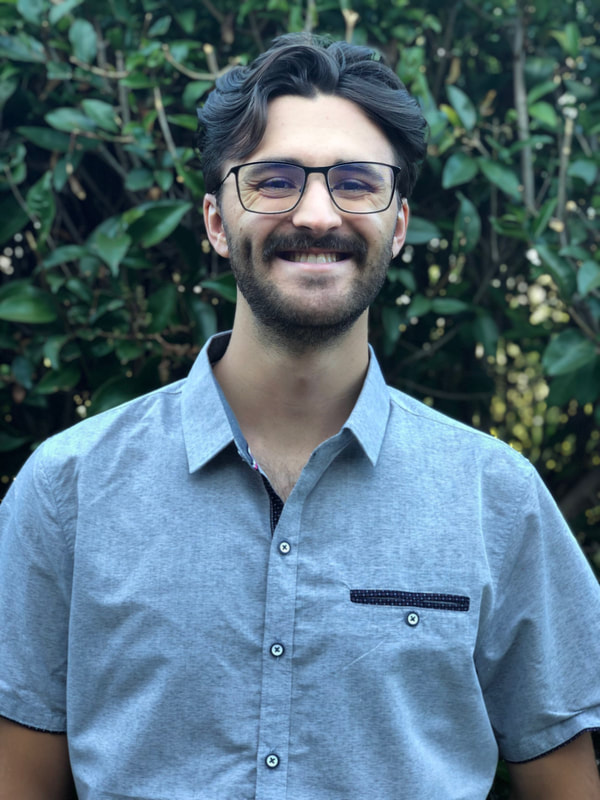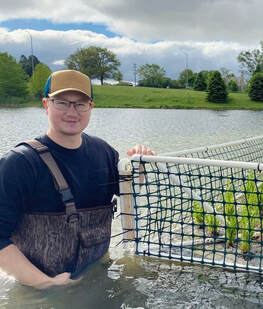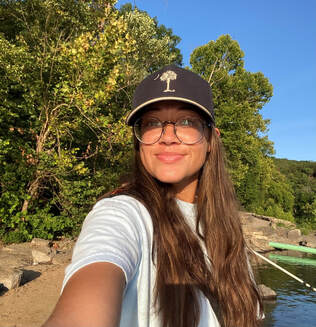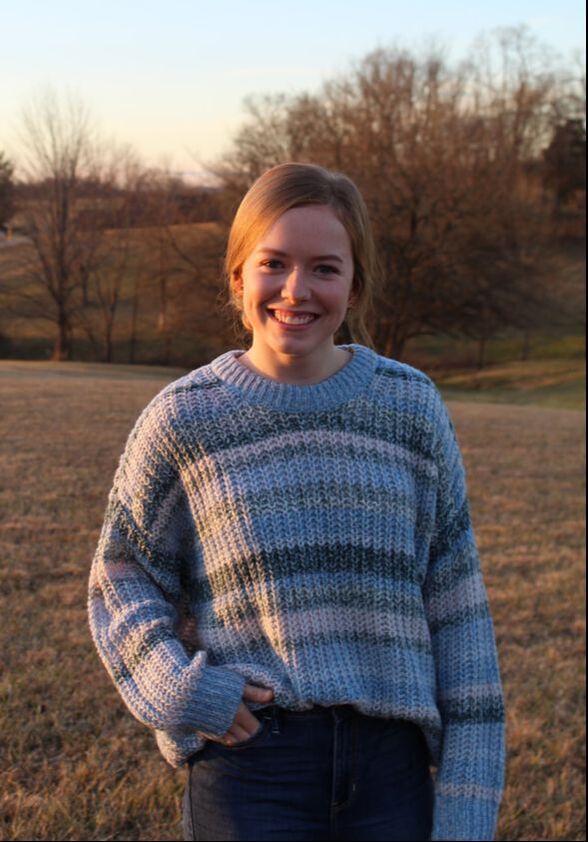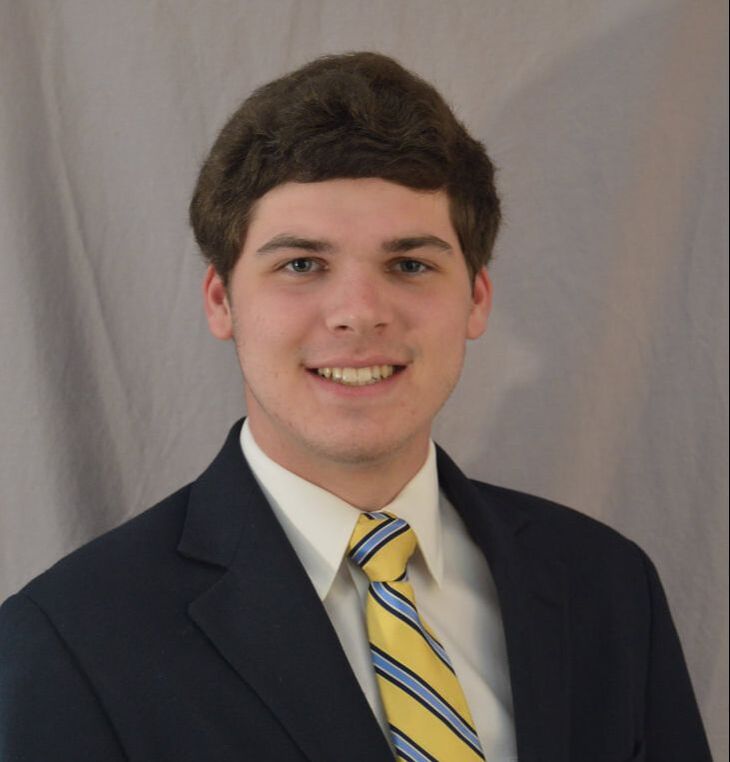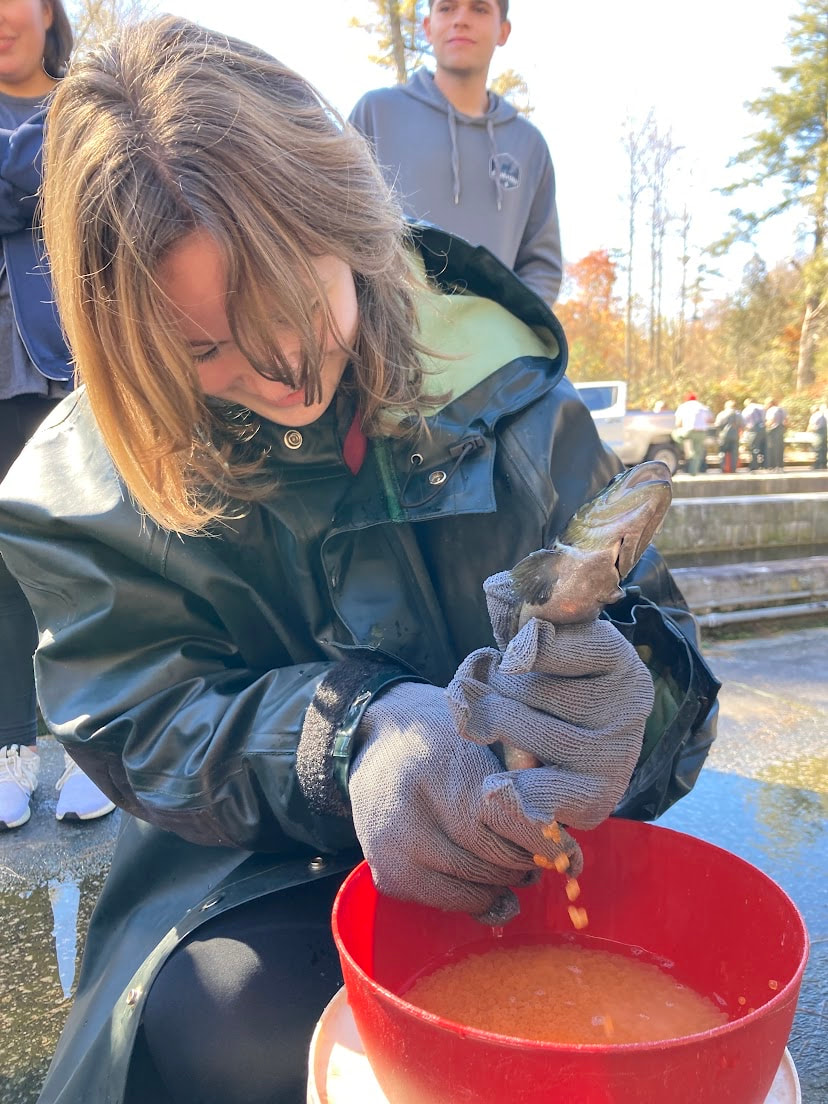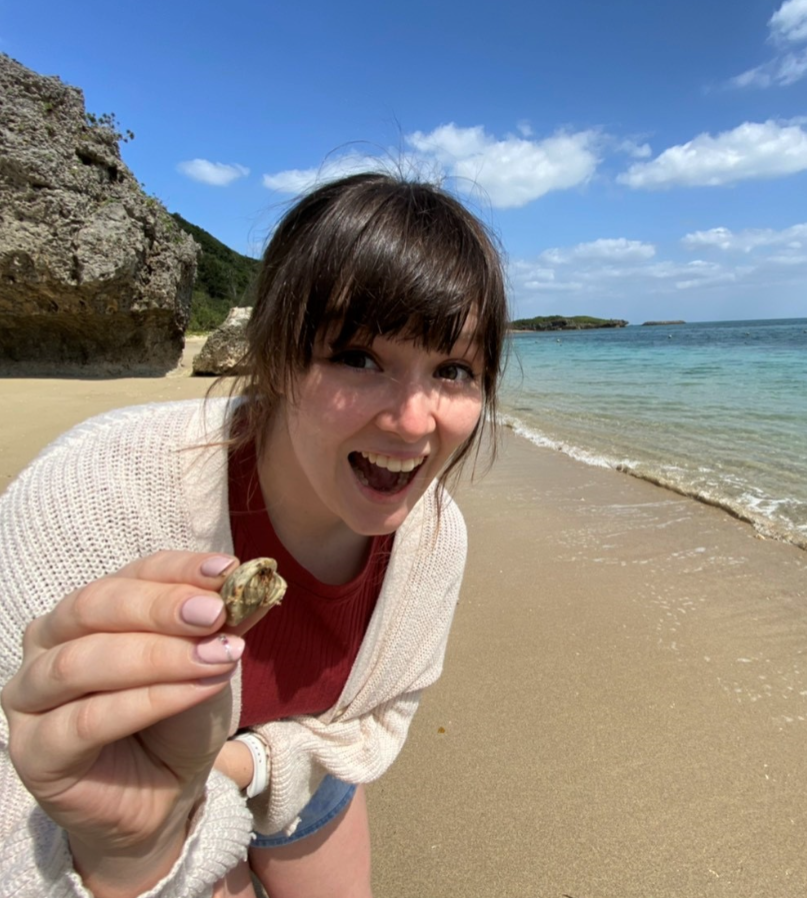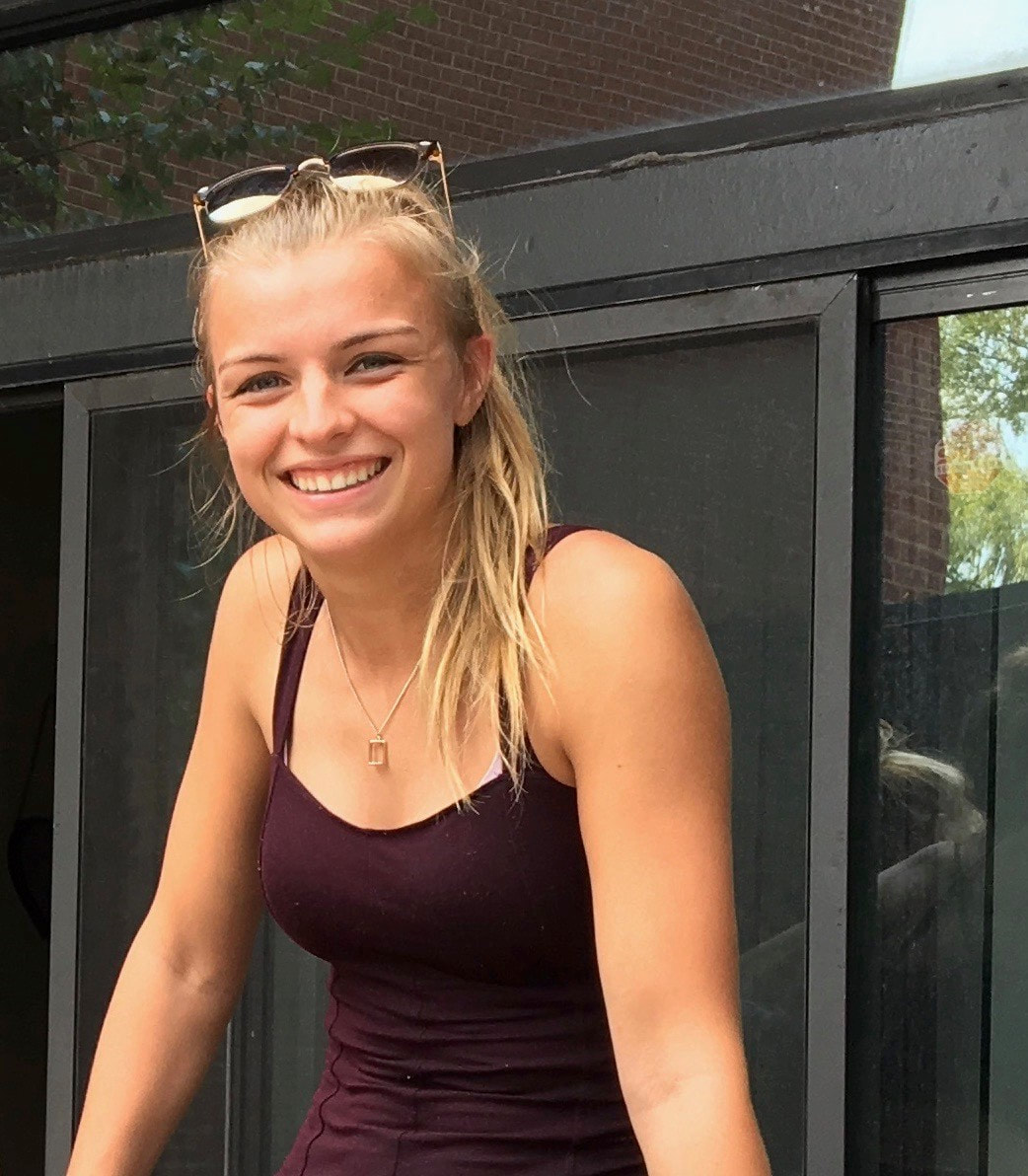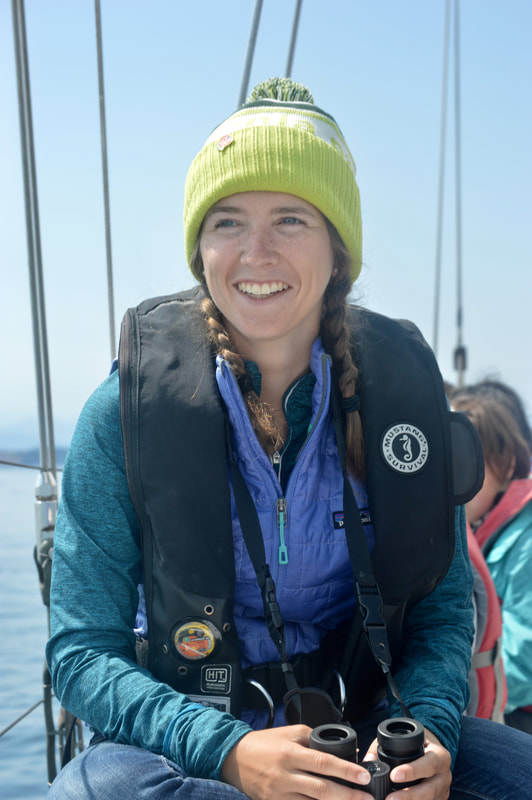Dr. Joshua Stone - Assistant Professor
I began studying zooplankton in 2010 at the Virginia Institute of Marine Science in the zooplankton ecology lab of Dr. Deborah Steinberg. After earning my Ph.D. in 2016, I spent a year and a half as a post-doc in the Aquatic Ecology Lab at Ohio State University before moving to the University of South Carolina. Growing up on the Chesapeake Bay, I've always been interested in the interactions between aquatic creatures, especially in who eats who. What started as putting a bunch of critters into a tank and accidentally ending up with fewer animals the next day has morphed into broad research into zooplankton food web and population dynamics.
|
Nayan Mallick - Ph.D. student
I joined Josh Stone’s lab in Summer 2019. I am interested in examining the impacts of multiples stressors (e.g. climate change, ocean acidification, hypoxia) on marine organisms especially those in the lower level of the pelagic food web. The ongoing alarming changes in the marine ecosystem will have disrupting effect on the whole ecosystem. Along with changes in physiological response, interactions between different players of the ecosystem will also alter. This is where my specific research interest lies – quantifying the response to change and how these changes will ultimately alter the food web structure. I am also interested in studying nutrient cycling and organic matter dynamics in the ocean.
|
Alex Barth - Ph.D. studentI am originally from Cleveland, Ohio and during my undergrad at Cal Poly, I developed strong interests in marine ecosystems. I started my fascination with plankton working with harmful algal bloom research in the California Current Ecosystem. For my Ph.D. program, I moved up a trophic level and to the Atlantic Coast to join Dr. Josh Stone’s lab at U of SC in 2019. With novel instruments to monitor and observe plankton at increased frequency and accuracy, large datasets open the door to understanding plankton interactions at a new level. Using this enhanced insight into plankton populations, I am interested in the quantitative approaches to analyze and model how plankton interact with their environment and ultimately shape ecosystem structure and function.
|
Levi McKercher - Ph.D. student
Levi McKercher joined the Stone Lab in August 2021. Before coming to South Carolina, he completed a MS degree in Natural Resource Sciences (2021), and BS degrees in Water Science and Environmental Restoration Science (2019) at the University of Nebraska-Lincoln. Levi’s research interests include aquatic ecology, ecosystem restoration, and anthropogenic effects on surface water quality. His dissertation research seeks to quantify the many ecosystem services provided by floating treatment wetlands (FTWs) in coastal retention ponds. Levi was born and raised in Brandon, South Dakota.
|
Jasmine Caillier - Ph.D. studentI joined the Stone lab in Fall 2023. I am originally from Louisiana but have spent most of my life in Texas. Before coming to South Carolina, I got my bachelor’s (21’) and master’s degree in marine biology (23’) at Texas A&M- Corpus Christi. For my master’s degree I conducted a sediment quality survey in an estuary to determine how pollution from industrial sites might be affecting the benthic community and overall estuarine health. However, I have always been fascinated with jellyfish, marine community ecology, and how environmental/anthropogenic factors might affect different trophic levels. For my PhD program, I will be focusing on the ecological role that Stomolophus meleagris, commonly known as Cannonball Jellyfish, plays in the marine food web.
|
Lab Alumni
Kaitlyn Dirr - Undergraduate Researcher - Currently works for the ACE Basin NERR
Kaitlyn Dirr is a junior Biology major in the UofSC Honors College with a minor in Marine Science. Kaitlyn began working with the North Inlet Zooplankton Time Series in Dr. Stone’s lab in January 2020, and this research experience has further fostered a passion for estuarine ecology. Broadly, she is interested in the impacts of climate change and human disturbance upon estuarine community structure and population dynamics, especially in the lower trophic levels. Along with working in the Stone Lab, Kaitlyn is a NOAA Hollings Scholar and completed an internship in Summer 2022 with Rookery Bay NERR.
|
Charlie Johnson - Undergraduate Researcher
Charlie Johnson is a junior Marine Science major, pursuing a concentration in biological oceanography. He is a PADI Divemaster, and an avid SCUBA diver. Charlie began working with zooplankton time series in Dr. Stone's lab in August 2021. He is now studying how salinity affects the asexual reproduction of the polyp stage of Stomolophus meleagris. Cannonball jellyfish have the capability to significantly impact saltwater ecosystems globally due to their high abundance in Southeastern U.S. waters.
|
Lauren Faulk - Former M.S. Student
|
Sarah Stone - Post-baccalaureate Researcher - Currently in graduate school at Oregon State University
|
I recently graduated from the University of South Carolina with my B.S. in Economics. I have always had a passion for ecology and marine science and decided to stick around after graduation to explore these interests. Broadly, I am interested in studying the impacts of climate change on community structures across trophic levels. I am currently working on a project investigating chaetognath's seasonality and assessing their reproductive development to determine their role and abundance within the North Inlet Estuary. Through this investigation, I hope to quantify the environmental drivers of their interannual variability and expand our knowledge on pelagic food webs as a whole.
|
Brendan Turley - Postdoc
I recently finished my Ph.D. at the University of South Carolina focusing on how storm events influence the vertical structuring of plankton communities and larval fish mortality in the southern California Current Ecosystem. Broadly, I am interested in the connections between physical forcing and population dynamics of marine species. The easiest way to do this is to look at plankton because they are so small and they respond quickly to changes in the physical environment. While in the Stone Lab, I am processing the underwater vertical profiler data from the Bermuda Atlantic Time Series cruises.
|
Maura Glovins - Undergraduate Researcher
Maura Glovins is a UofSC Capstone Scholar majoring in Marine Science with a minor in Education. Along working in Dr. Stone’s lab, Maura is a NOAA Hollings Scholar, and has previously worked as Education Intern for UofSC’s Office of Sustainability and a National Science Foundation Research Intern in Ocean Sciences at Rutgers University. In the future she plans to pursue informal STEM education with an emphasis on marine science.
|
Ana Bishop - Undergraduate Researcher
I am a junior Biology major in UofSC’s Honors College, with a Marine Science minor. I have always been fascinated by the complex food webs and carbon cycling processes that plankton take part in, and their resultant influence on the overall health of the ocean. I therefore wanted to know how plankton are being affected by our ever-changing climate. This is my second semester working under Dr. Stone, during which I will be conducting research investigating how zooplankton size changes in response to climate, using a time series taken from the Baruch Institute that spans decades. I hope that by clearly understanding how the foundation of so many critical processes is affected by climate change, it will become that much easier to predict/understand further marine response.
|
Maggie Pelton - Undergraduate Researcher
I am a sophomore Marine Science major at the South Carolina Honors College at UofSC. I began studying Craspedacusta sowerbii under Dr. Stone in the fall of 2019 for a Science Undergraduate Research Fellowship Grant. For the past two semesters I have been coddling jellyfish polyps by hand-feeding them (they have yet to thank me) in order to measure their growth in response to varying levels of food. My project complements others happening in the lab in order to ultimately provide insight into the predicted change in populations of globally-distributed invasive species in response to warming global conditions.
|


